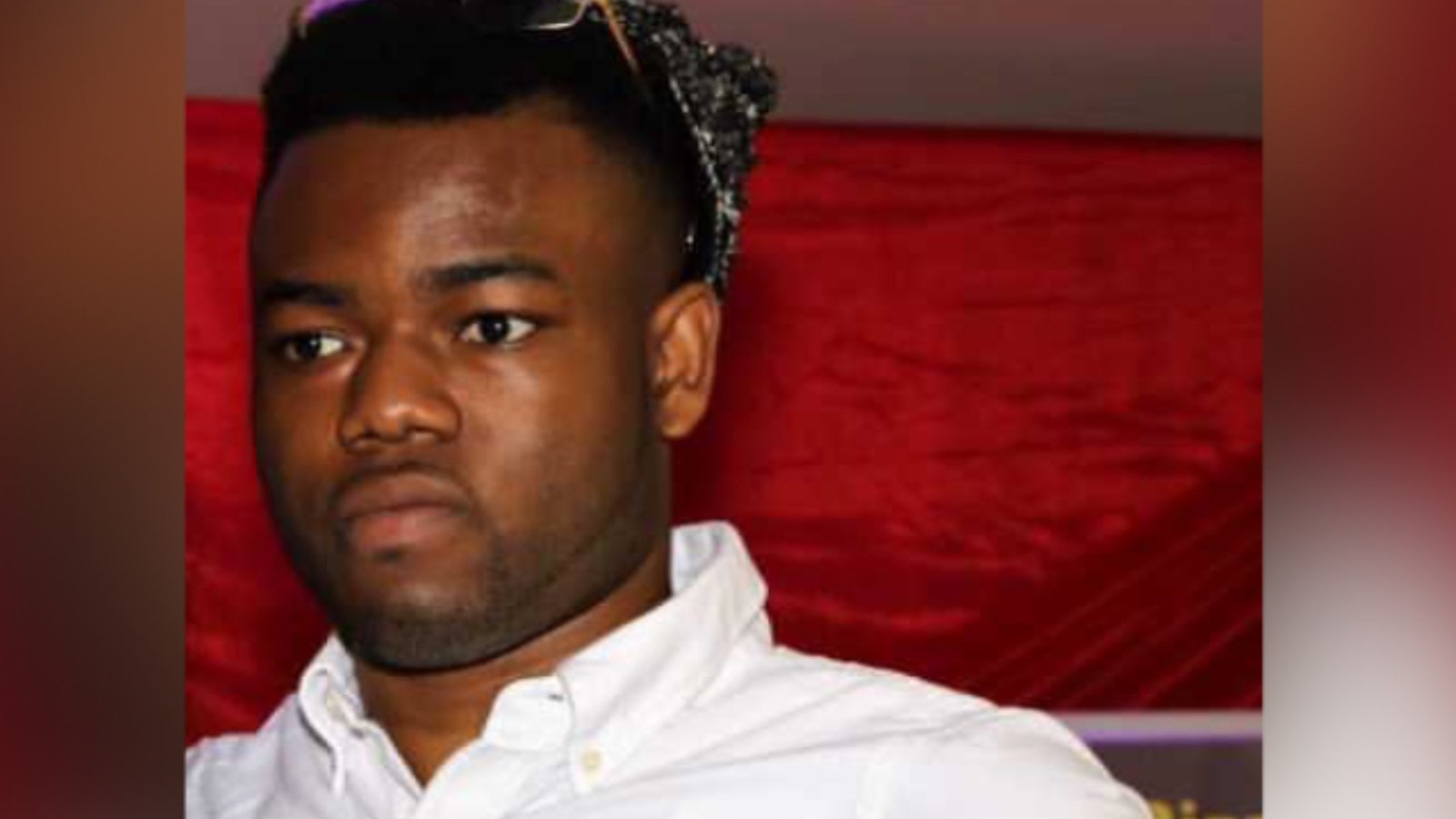World
George Nkencho inquest adjourned for DPP explanation

An inquest into the fatal shooting of George Nkencho by gardaí has been adjourned to allow his family seek an explanation from the Office of the Director of Public Prosecutions why no officer will face prosecution over his death.
Mr Nkencho, 27, suffered fatal gunshot wounds during an incident involving members of the Garda Armed Support Unit outside his family home at Manorfields Drive, Clonee, Co Dublin, on 30 December 2020.
The victim’s family have asked the DPP to explain her decision why no criminal proceedings should arise from the case following the completion of a lengthy investigation by the Garda Síochána Ombudsman Commission into the fatal shooting.
At a sitting of Dublin District Coroner’s Court, GSOC lead investigator, Stuart Duguid, confirmed that the DPP’s decision had been relayed to Mr Nkencho’s family.
Mr Duguid told coroner Myra Cullinane that relatives of the deceased were seeking the reasons for not prosecuting any gardaí involved in Mr Nkencho’s death and that they might apply to appeal that decision.
The GSOC officer said the family had up to 56 days to appeal the DPP’s decision not to prosecute.
Mr Duguid applied for the inquest to be adjourned until October on the basis that the ongoing process could take “a number of months”.
Asked by Dr Cullinane about the garda’s view on the case, counsel for An Garda Síochána, Barry Ward BL, said Mr Nkencho’s family were entitled to seek whatever assistance they required.
Counsel for the Nkencho family, Shane Coleman BL, said his clients had no issue with a further adjournment.
The coroner observed that the application for an adjournment was being made under Section 25 (1) of the Coroners Act, although she acknowledged that one could not say that criminal proceedings were being contemplated.
However, Dr Cullinane recognised that “the process is ongoing” and granted the application for an adjournment until 4 October.
The brief hearing was attended by the victim’s sister, Gloria Nkencho.
Earlier this month, Ms Nkencho vowed that her family’s “fight for justice” would continue despite the DPP’s decision.
In a statement, she expressed “hurt and disappointment” at how news of the decision had emerged and claimed the development had left them with “more questions than answers”.
Campaigners last month also staged a demonstration outside the Department of Justice in Dublin to call for the DPP’s decision to be reversed.
The fatal shooting of Mr Nkencho outside his home in west Dublin three-and-a-half years ago occurred after a stand-off developed between gardaí and the deceased who was armed with a kitchen knife.
The tense situation arose shortly after Mr Nkencho had been involved in an incident at a local Eurospar store where he assaulted a shop assistant.
The young man, whose family come originally from Nigeria, was pronounced dead a short time later at Connolly Hospital Blanchardstown.
Post-mortem results revealed he died as a result of multiple gunshot wounds to the torso.
His family claim he was suffering from mental health issues for several months before his death and that the level of force used against him by gardaí was disproportionate.










